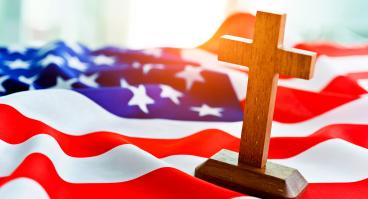Scientists and Religious Leaders Compete for Cultural Authority of Science

Table of Contents
Author(s)
Christopher Scheitle
Department of Sociology and Anthropology, West Virginia UniversityDavid R. Johnson
University of Nevada, RenoElaine Howard Ecklund
Baker Institute Rice Faculty Scholar | Herbert S. Autrey Chair in Social Sciences and Professor of SociologyAbstract
Measurement of public trust in sources of information about science primarily examines whether the public turns to the “science communication industry” for information about science. Research posits, however, that scientists are not the singular cultural authority on science. Here, we examine the extent to which people turn to religion and religious individuals for information about science. Drawing on a nationally representative survey of US adults, we examine what factors—when individuals have a question about science—shape respondent’s likelihood of turning to science-based versus religion-based sources. Results show that religiosity is a strong positive predictor of looking to religious sources for scientific information, but it does not deter seeking out scientific sources. The results also show that interest in science has a positive influence on the likelihood of turning to a religious source.
Read the full article in Public Understanding of Science.


